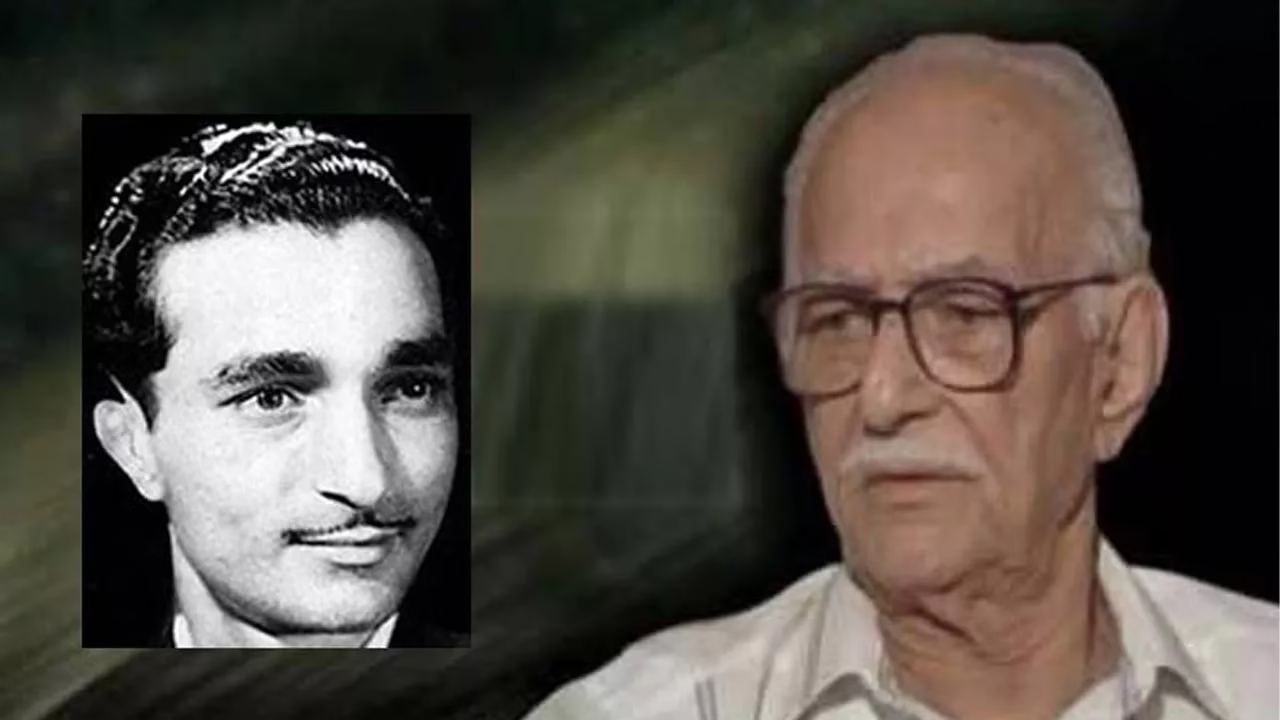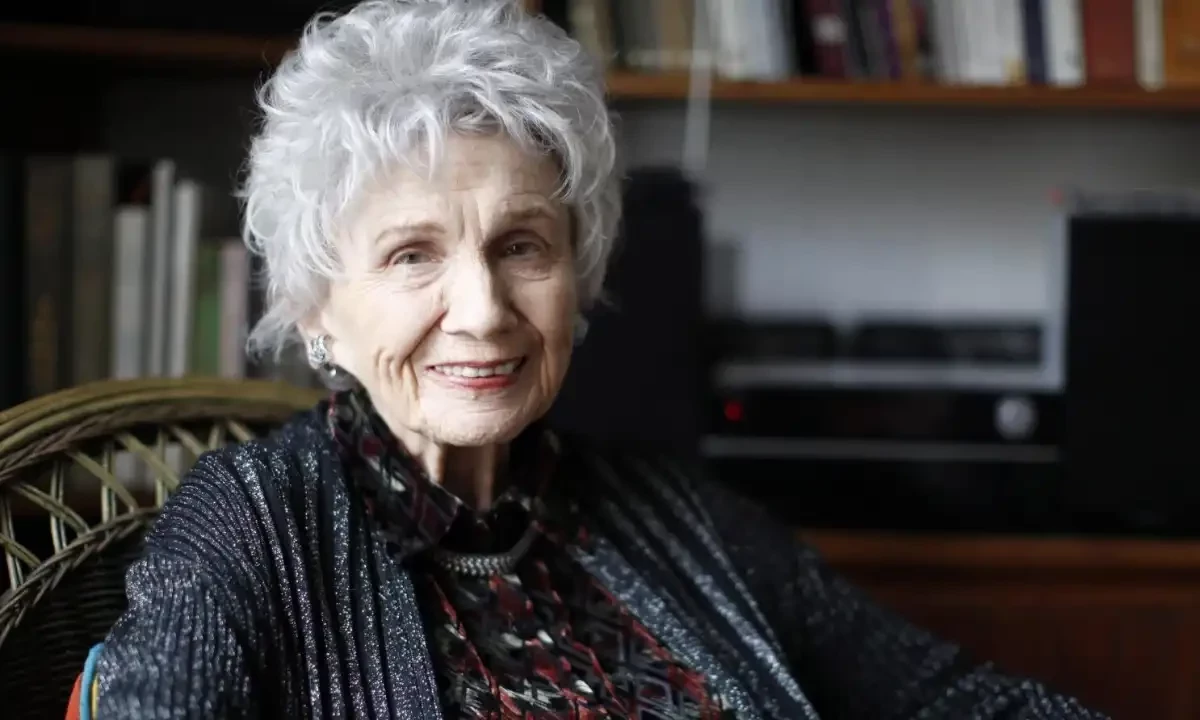Shaukat Hussain Rizvi, widely remembered as the architect of the Pakistani film industry, holds a special place in South Asian cinema. Born in Azamgarh, India, in 1914, he began his creative career in the theaters of Kolkata before stepping into film editing and direction. His journey shaped not only his own legacy but also the foundation of cinema in Pakistan.
Early Life and Entry into Films
Shaukat Hussain Rizvi started his artistic journey in Kolkata’s thriving theater scene. His editing skills quickly caught attention, and soon he was invited by the well-known filmmaker Seth Dil Sukh Pancholi to Lahore. There, Rizvi worked on popular films such as Gul Bakauly and Khazanchi, marking his early contributions to Indian cinema. His dedication, attention to detail, and creative vision soon set him apart as a rising talent.
The Breakthrough with Khandan
It was Seth Dil Sukh Pancholi who gave Rizvi his first major break as a director. He was chosen to direct the film Khandan, which featured the iconic singer and actress Noor Jahan in a leading role. The film turned out to be a phenomenal success and established Rizvi’s reputation as a director with vision and artistry.
Following the success of Khandan, Shaukat Hussain Rizvi married Noor Jahan. Together, they became one of the most celebrated couples of the film industry at that time. Their marriage blessed them with three children — Akbar Hussain, Asghar Hussain Rizvi, and Zil Huma. However, their relationship ended later, after which Rizvi married actress Yasmeen.
Contributions to Bombay Cinema
Before moving permanently to Pakistan, Shaukat Hussain Rizvi also directed several successful films in Bombay. His projects included Nookar, Zeenaat, and Jagnu, each of which earned commercial success and recognition. These films highlighted his ability to balance music, storytelling, and visual presentation, which later became his trademark style.
Migration to Pakistan and the Birth of Shah Noor Studios
The creation of Pakistan in 1947 marked a turning point not only in the history of the subcontinent but also in Rizvi’s career. Determined to contribute to the cultural foundation of the new nation, Shaukat Hussain Rizvi moved to Lahore and established Shah Noor Studios on Multan Road.
Shah Noor Studios became a cornerstone of the Pakistani film industry, producing classics that are still remembered today. Rizvi directed and produced influential films such as Chanway, Jaan Bahar, Aashiq, and Dupatta. These films not only entertained audiences but also played a key role in shaping the narrative style of Pakistani cinema.
According to recent reports from the Pakistan Film Producers Association (2024), Shah Noor Studios continues to be recognized as one of the earliest hubs of film production in Pakistan. The legacy of Rizvi’s contribution still inspires filmmakers, even decades after his passing.
Shaukat Hussain Rizvi and His Legacy
Rizvi’s vision went beyond filmmaking — he wanted to create an identity for Pakistani cinema that would stand independently. By laying the foundation of Shah Noor Studios, he gave countless directors, actors, and musicians a platform to grow. Noor Jahan, even after their separation, acknowledged his role in her rise as a celebrated actress and playback singer.
His films, especially Dupatta (1952), remain benchmarks for storytelling in Pakistani cinema. Today, film historians regard Rizvi as a pioneer whose contributions kept the industry alive during its early years.
Personal Life and Later Years
Despite the ups and downs in his personal life, Rizvi remained dedicated to cinema. His second marriage to actress Yasmeen brought stability, and he continued his work at Shah Noor Studios. He was also deeply respected for mentoring young filmmakers who later became icons of the industry.
Shaukat Hussain Rizvi passed away on August 19, 1999, at the age of 85. He was laid to rest at Shah Noor Studios, the very place he built as a symbol of his dedication to Pakistani cinema.
Shaukat Hussain Rizvi’s journey from Azamgarh to Lahore represents the story of a visionary who built an industry from scratch. Known as the architect of the Pakistani film industry, his films, direction, and creation of Shah Noor Studios played a pivotal role in shaping the country’s cinematic identity. Even today, his name shines brightly in the history of South Asian cinema.
With the revival of the Pakistani film industry in recent years, Rizvi’s contributions serve as a reminder that great cinema is built on passion, vision, and persistence. He will forever remain a cornerstone of Pakistan’s cultural and artistic history.



